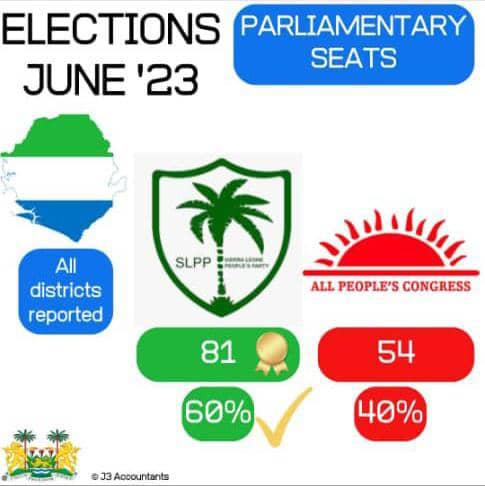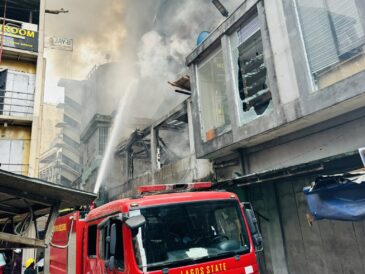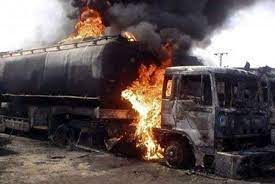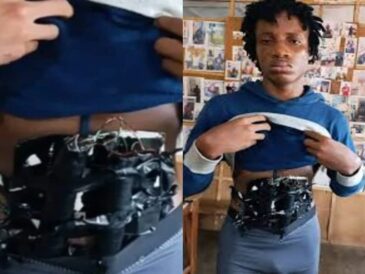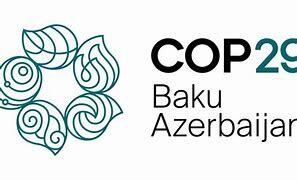By Paul Ejime
Freetown, July 3, 2023 – Sierra Leone’s ruling People’s Party, SLPP, has retained control of the country’s 135-seat parliament after winning 81 seats or 60% of the membership.
According to results of the 24 June elections released in Freetown on Saturday by the Electoral Commission for Sierra Leone (ECSL), the main opposition All People’s Congress (APC) won 54 of the seats or 40%.
The two parties, which have alternated the share of political power since the end of the country’s 10-year civil war in 2002, are also expected to share the bulk of the available 493 mayoral and local council seats from the 24 June elections.
Incumbent President Julius Maada Bio of the SLPP has already been sworn in after being declared winner of the presidential poll by the ECSL with 56.17% of the votes against 41.16% scored by his rival candidate Samura Kamara of the APC.
The APC has rejected the results of the general elections and called for a rerun, alleging irregularities in the process.
It has also accused the ECSL Commissioners and some government officials of bias and called for their resignations.
The APC has further urged development partners to impose travel bans on a number of government officials, including President Bio, his wife, some cabinet ministers and security Chiefs.
The ECOWAS Observation Mission to Sierra Leone for the 24 June elections led by Dr Mohamed Ibn Chambas and his counterparts of the AU, Commonwealth and the West Africa Elders’ Forum, held several pre and post-election mediation meetings with major stakeholders aimed at dousing political tensions in the country.
Similar quiet diplomatic initiatives are still required to address the residual disputes and prevent Sierra Leone from relapsing into conflict after its bloody civil war that ended in 2002.
ECOWAS had deployed 95 Long- and Short-Term Observers in 15 of the country’s 16 electoral districts for the 2023 elections.
Under the regional protocol on assistance to member States holding elections, ECOWAS had also provided Sierra Leone with five hundred thousand US dollars (US$500,000) to support the elections, the fifth electoral cycle with two successful transfers of power between ruling and opposition parties since the end of the civil war.
Sierra Leone, with an estimated 8.7 population is not only facing serious economic challenges characterised by high inflation and unemployment, especially among its radicalised youthful population, it is also politically polarised and highly ethnicized (GBN)

